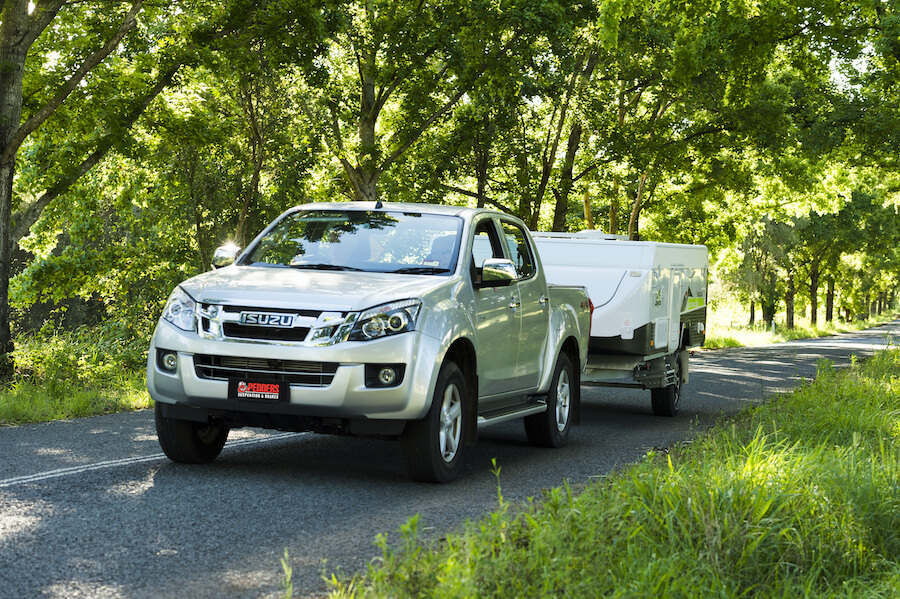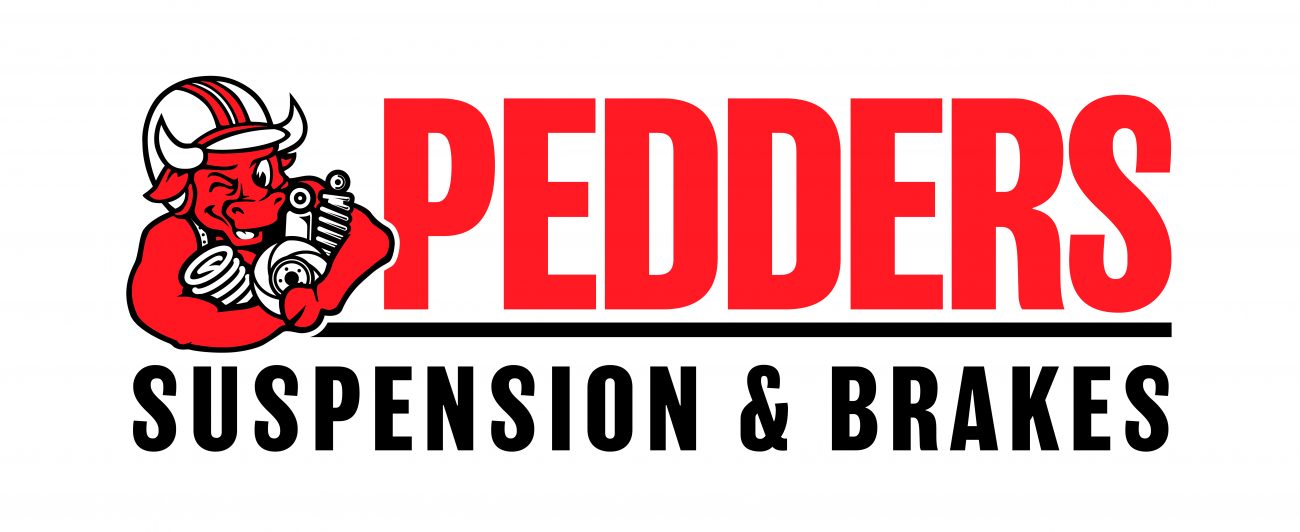
Why Your Car’s Health Is Important
Cars are like humans – what you feed them and how you treat them can affect how they function. While annual car servicing is important, there are many things that drivers can do every day to ensure their cars are healthy and operate well. After investing money in buying a car, the last thing you want is the hassle and cost of having to complete preventable repairs, so, like with your body, prevention is always better than cure. Here we’ll explore just why the health of your car is so important.
Safety
Driving around with bald or flat tyres, ineffective wiper blades, a smoky exhaust, or a cracked windscreen can not only make driving difficult, it can also make your car unsafe, unroadworthy, and increase the chances of having an accident, causing damage to your or another driver’s car, or even personal injury. You can also cause damage by, for example, driving through potholes or too quickly over speed humps, so being mindful of road conditions can also help keep you and your car safe.
There are many car safety and basic maintenance checks you can perform yourself, such as:
- checking the wear on your tyres (using the wear indicators), and ensuring they are inflated to the correct pressure (written on the side of the tyres);
- replacing wiper blades when they’re six months to a year old, or squeaking, skipping, or streaking water across the windscreen;
- checking the oil level and ensuring there is enough coolant in the radiator;
- checking headlights, brake lights and turning signals are all working properly.
Costs
Having your car serviced regularly, whether it’s through an independent mechanic or a dealership, can sometimes lead to further expense, even for newer cars. However, as stated above regarding prevention and cure, it is better to diagnose and fix a problem early, rather than waiting until it causes even more issues later on – which is the same for your body.
Eventually, many parts of a car will need to be replaced, such as the oil, filters, tyres, and brake pads, though when they will need to be replaced will depend a great deal on factors such as the quality of the car, as well as how often it is driven and how it is treated. Even some minor checks, such as ensuring the tyres are pumped up to the correct pressure, can offer instant savings with improved fuel efficiency.
Longevity
Apart from the lower costs, one of the main benefits of a healthy car is increased longevity, that is, how long it can be driven safely before you need (rather than want) to replace it. Many modern cars have technology that will remove some of the guesswork for you, informing you when components aren’t functioning properly or if they need to be replaced.
Modern cars are also more efficient, more reliable, safer, and have fewer emissions than older cars, which certainly helps with their ability to go the distance. Increased longevity therefore segues nicely into the following point…
Value
Cars which are maintained well and are free of damage will retain their value much more than those which are treated poorly or not serviced regularly. This is important not only for newer, more expensive cars, but also for older cars, as there can still be much variation in value between old cars which have and haven’t been looked after well.
We hope these few points will help illustrate just why the health of your car is so important. Pedders is here to help keep you and your car safe.
Pedders can also help you with brakes, steering and suspension check, or if you need to tow trailers, caravans or boats, a tow-load assessment will incorporate a brakes, steering and suspension check and a weight matrix so you know how much weight you can tow now and in the future.

 China
China Indonesia
Indonesia Thailand
Thailand